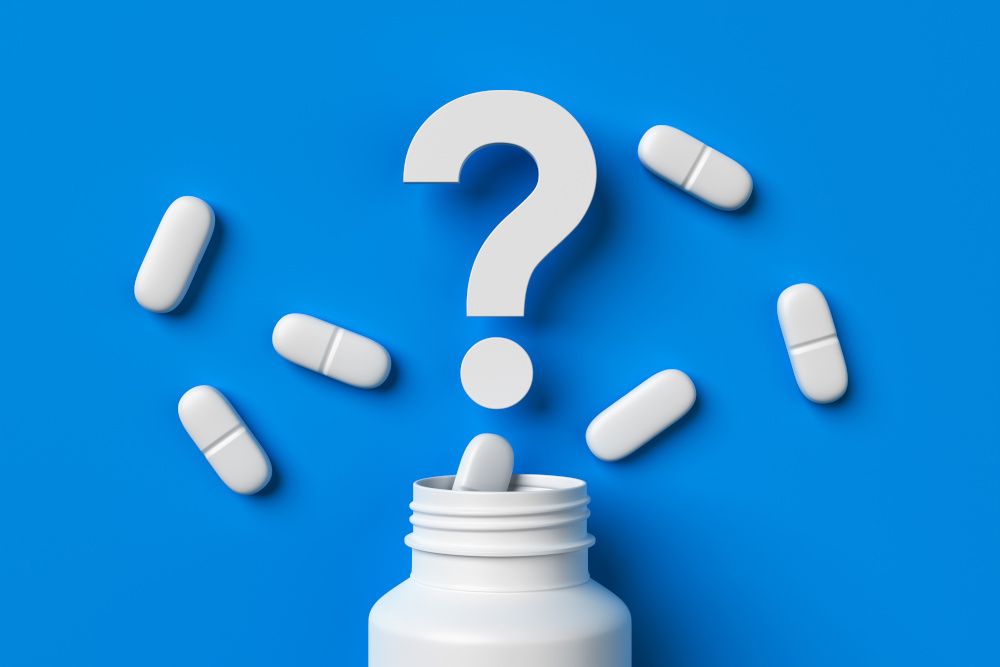Is clinical substantiation for nutraceuticals worth the cost?
Will a clinical study really boost the value of your nutraceutical?
Brand owners agree: Sure, clinical substantiation for nutraceuticals is nice to have. But is it worth the investment? Does clinical data play enough of a role in convincing healthcare practitioners and consumers to create a positive return? In this article, we list success cases and review the underlying reasons behind the business model.
Definite Value
The fact is that clinical substantiation is a vital asset. We can point to several examples of leading nutraceutical companies who leveraged clinical backing as a tool for promotion and, ultimately, market success.
Elevit, Bayer’s globally present—and, in many cases, market-leading—prenatal supplement, has several clinical studies completed on the finished formulation, which has cemented the product’s position and deterred many challengers from entering the segment. Ialuril softgels, which are among the top 10 supplements in Italy for urinary tract infections, are clinically confirmed to play a beneficial role in reducing genitourinary toxicity. The number-one-selling cardiovascular supplement SKU in Italy, Armolipid Plus, has been clinically shown to support cardiometabolic health.
Matevž Ambrožič

Most recently, Haleon promoted clinical studies completed in 2022 and 2023 on Centrum Silver, the company’s multivitamin for healthy aging. The studies demonstrated positive results on cognitive function in adults aged 65 years and older, resulting in a new claim for the product. In the company’s recently released 2023 mid-year report, Haleon states it “activated this claim across a number of markets, leading to double-digit growth and market share gains in the multivitamin segment in the U.S. and China.”
Similarly, when one of PharmaLinea’s European clients launched a campaign centered around new clinical data on our >Your< Iron Syrup private-label formula, which is backed by clinical research, the brand achieved 26% year-over-year sales growth for an already mature product.
These are only examples of products with clinical trials on the finished formulation. The list of companies who have benefited from clinical substantiation on their products and/or ingredients goes on. Additionally, industry observers see the number of branded and clinically studied ingredients used in new product launches increasing.
But clinical studies aren’t cheap, and in times of economic uncertainty, investing in an expensive clinical trial seems a bit counterintuitive. So, why are brand owners still opting for this strategy?
The Benefits
The phenomenon is partly caused by consumers, who are becoming more educated and proactive when deciding which products to buy. They are increasingly paying attention to proof of efficacy. In a recent consumer survey performed by FMCG Gurus, 82% of respondents said they prefer products with clinically proven claims when deciding on which immune health–support products to purchase. And according to a FrieslandCampina survey, the situation with stress support–supplement users is similar: 84% of the consumers the company surveyed said they are willing to pay a higher price for products that have clinical proof of efficacy.
Brands are tracking this increased consumer awareness and demand. Consequently, more companies today are choosing not only to launch clinically supported products but also to communicate the clinical trial results to their consumers directly. Ritual, for example, has decided to do this with an interactive website about a clinical trial done on the company’s Essential for Women product. And Haleon’s CEO, Brian McNamara, stated that the previously mentioned new clinically supported claim for Centrum Silver is being marketed on national TV in the U.S. and in Chinese media. Garden of Life, on the other hand, has dedicated a large section of very precious graphic space on product packaging to communicate its clinical trial results.
Even the last consumer-promotion channel one would intuitively think about in connection with clinical data—influencer marketing—is being used for exactly that purpose and content. Tae Yoon Kim, CEO of South Korean food supplement company Top Health, stated that influencer marketing is the most important part of the company’s promotion and that clinical substantiation is one of the key product unique selling points that it highlights.
The second force at play is the entry of pharma companies into the world of nutraceuticals. Big pharma brands, such as Bayer, STADA, Haleon, and so forth, are launching their own supplement brands or acquiring and partnering up with existing ones. Such companies, however, bring their own set of requirements to the table.
The standards regarding proof of efficacy are higher for pharmaceutical comapnies, as this is more deeply integrated in their DNA. But they also have established channels of medical detailing, where clinical proof is a prerequisite. As explained by Matteo Speroni, international product manager at the Italian brand owner PharmExtracta, clinical data is crucial for companies promoting through medical detailing. In a market very rich in competing products, clinical data turns out to be a first, fundamental filter in the doctor’s choice of prescription. In fact, doctors have come to expect clinical data from such companies, and PharmExtracta has realized over the years that its bestsellers are actually also the the most clinically supported products.
For brands looking for long-term success in serious health areas where doctor recommendation plays a larger role, proven safety and efficacy are still a competitive advantage. But with increasing regulation, demand from consumers, and the influence of pharma, it may one day become a prerequisite.
About the Author
Matevž Ambrožič is marketing and PR director at PharmaLinea Ltd. (Ljubljana, Slovenia). He has an academic background in biochemistry with a specialty in protein biochemistry. Following his research position at Stockholm University and development position at Novartis, Ambrožič applied his knowledge in the food supplement industry, leading marketing at PharmaLinea.
Prinova acquires Aplinova to further increase its footprint in Latin America
April 7th 2025Prinova has recently announced the acquisition of Brazilian ingredients distributor Aplinova, which is a provider of specialty ingredients for a range of market segments that include food, beverage, supplements, and personal care.

.png&w=3840&q=75)

.png&w=3840&q=75)



.png&w=3840&q=75)



.png&w=3840&q=75)










